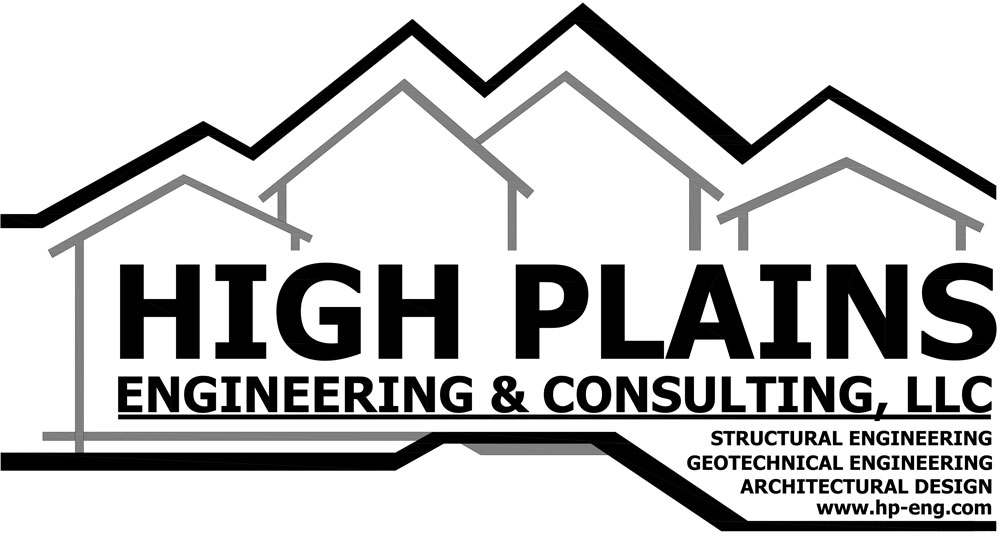Deflection and Serviceability Factors in Engineering
 In the field of engineering, one of the key considerations when designing structures is the deflection and serviceability factors. Deflection refers to the amount of bending or deformation a structure undergoes under applied loads, while serviceability factors encompass the overall performance and ability of a structure to meet functional and comfort requirements. Understanding and properly addressing these factors are crucial for ensuring the integrity, safety, and functionality of various engineering projects.
In the field of engineering, one of the key considerations when designing structures is the deflection and serviceability factors. Deflection refers to the amount of bending or deformation a structure undergoes under applied loads, while serviceability factors encompass the overall performance and ability of a structure to meet functional and comfort requirements. Understanding and properly addressing these factors are crucial for ensuring the integrity, safety, and functionality of various engineering projects.
1. Deflection: A Measure of Structural Deformation
Deflection is a fundamental concept in structural engineering, representing the extent of bending or sagging that occurs in a structural element when subjected to loads. It is quantified by measuring the vertical or horizontal displacement at specific points along the structure. Deflection can occur in various types of structures, such as beams, columns, slabs, or frames, and is influenced by factors like the material properties, cross-sectional dimensions, and applied loads.
2. Factors Influencing Deflection
Several factors play a role in determining the deflection of a structure. The material properties of the structural elements, such as stiffness and elasticity, have a significant impact on the amount of deflection observed. The dimensions and shape of the structural members also contribute to deflection, with larger or deeper sections generally exhibiting lower deflections. Additionally, the magnitude and distribution of the applied loads directly affect the deflection, with higher loads causing greater deformation.
3. Importance of Deflection Limits in Structural Design
Deflection limits are established to ensure the structural integrity and functionality of engineering projects. Excessive deflection can lead to various issues, such as aesthetic concerns, reduced service life, compromised functionality, or even catastrophic failures. For instance, in a bridge or a floor slab, excessive deflection can cause discomfort for users, hinder the functionality of the structure, or even jeopardize the overall stability. Therefore, stringent deflection limits are set by codes and standards to ensure that structures perform optimally and satisfy durability and safety requirements.
4. Serviceability Factors and Performance Assessment
Beyond simply meeting strength and safety criteria, structures need to satisfy certain serviceability factors to ensure user satisfaction and functionality. Serviceability factors encompass a range of considerations, including deflection, vibration, cracking, acoustics, and other performance aspects that affect the functionality and comfort of occupants or users. Evaluating and addressing these factors in the design process is essential to avoid design flaws or issues that could compromise the intended purposes, aesthetics, or occupant experience of the structure.
5. Addressing Deflection and Serviceability Factors
To address deflection and serviceability factors effectively, engineers employ various techniques and considerations during the design phase. An understanding of material behavior and structural analysis techniques allows engineers to predict and control deflection. Incorporating appropriate load distribution, selecting the right material properties, and optimizing the structural elements’ dimensions can all be employed to limit deflection to within acceptable limits. Advanced modeling and simulation tools aid in evaluating the effects of different loads and materials, facilitating more accurate predictions of deflection and serviceability performance.
6. Testing and Monitoring for Deflection and Serviceability
In addition to careful design considerations, testing and structural monitoring play a crucial role in assessing deflection and serviceability factors in real-world scenarios. Load testing can be performed on prototypes or even on the completed structures to verify their performance and ensure they meet the established deflection and serviceability criteria. Furthermore, ongoing structural monitoring and inspections help identify any potential issues or signs of excessive deformation, allowing for timely interventions to maintain the integrity and functionality of the structure over its service life.
Summary
Deflection and serviceability factors are pivotal considerations in engineering, contributing to the integrity, safety, and functionality of structures. By understanding the underlying principles influencing deflection and serviceability performance and adhering to established limits and criteria, engineers can create structures that meet the intended purposes while ensuring user satisfaction and comfort. Emphasizing proper design, testing, and monitoring throughout the engineering process enables the achievement of optimal performance, durability, and reliability in engineering projects.
Need Engineers For Your Next Project? Let Us Help!
Categorised in: Structural Engineer
